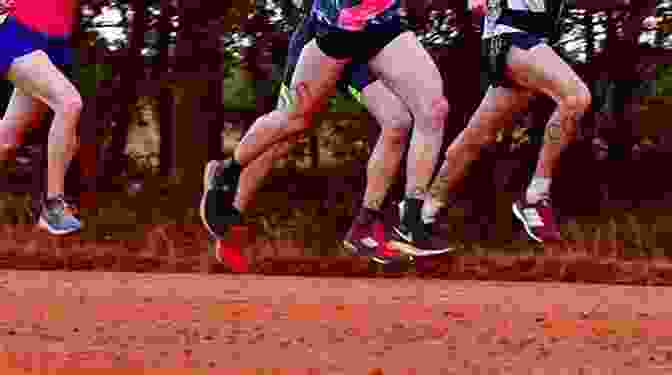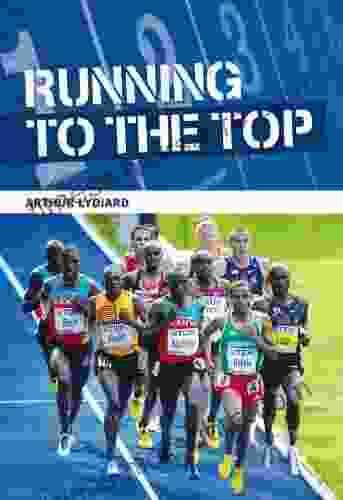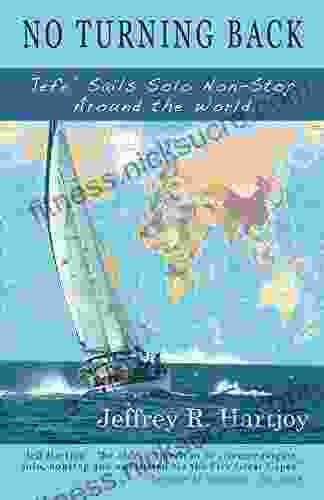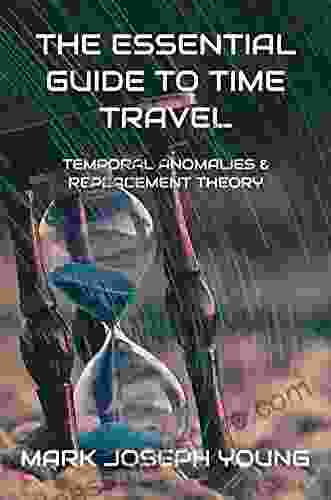A Life Dedicated to Running
Arthur Leslie Lydiard was born on July 6, 1917, in Auckland, New Zealand. From a young age, he exhibited a passion for running and dreamed of becoming an Olympic runner. However, his aspirations were initially thwarted by asthma and tuberculosis. Undeterred, Lydiard resolved to overcome his physical challenges through rigorous training.
After completing his military service in World War II, Lydiard began his coaching career in 1949. He initially trained a group of local runners, but his breakthrough came in 1954 when he coached Murray Halberg to victory in the 5000 meters at the British Empire and Commonwealth Games. Halberg's success brought Lydiard's training methods to international attention.
The Lydiard Method: Revolutionizing Running
At the heart of Lydiard's coaching philosophy was a belief in the importance of building a solid aerobic base through high-volume, long-distance training. He advocated for running at a relatively slow pace for extended periods, gradually increasing the distance and intensity over time.
Lydiard's training regimen also emphasized hill workouts, interval training, and cross-training activities such as swimming and cycling. He believed that these variations helped develop cardiovascular endurance, muscular strength, and overall fitness.

Olympic Gold and International Success
Lydiard's training methods produced remarkable results, particularly in long-distance running. His athletes dominated the world stage throughout the 1950s and 1960s, winning numerous medals at the Olympic Games and other major international competitions.
Four of Lydiard's protégés—Murray Halberg, Peter Snell, Barry Magee, and John Davies—claimed Olympic gold medals in various distance running events. Halberg's victory in the 5000 meters at the 1960 Rome Olympics is considered one of the greatest upsets in track and field history.
Legacy and Impact
Arthur Lydiard's influence on the world of running is immeasurable. His training methods have been adopted by countless coaches and athletes worldwide, shaping the way runners train and compete.
Lydiard's emphasis on building a strong aerobic foundation through high-volume training has become a cornerstone of modern running. His belief in the importance of hill workouts, interval training, and cross-training has also been widely embraced.
Arthur Lydiard's legacy extends far beyond the trophies and medals won by his athletes. His innovative training methods and unwavering belief in the human potential have inspired generations of runners to push their limits and achieve their dreams.
As we celebrate the enduring legacy of Arthur Lydiard, we recognize his contribution to the sport of running and his profound impact on the lives of countless athletes around the world. The father of modern running will forever be remembered as a visionary coach who revolutionized the sport and left an indelible mark on the history of human endeavor.


























































































































































































































































































































































































































































































































































